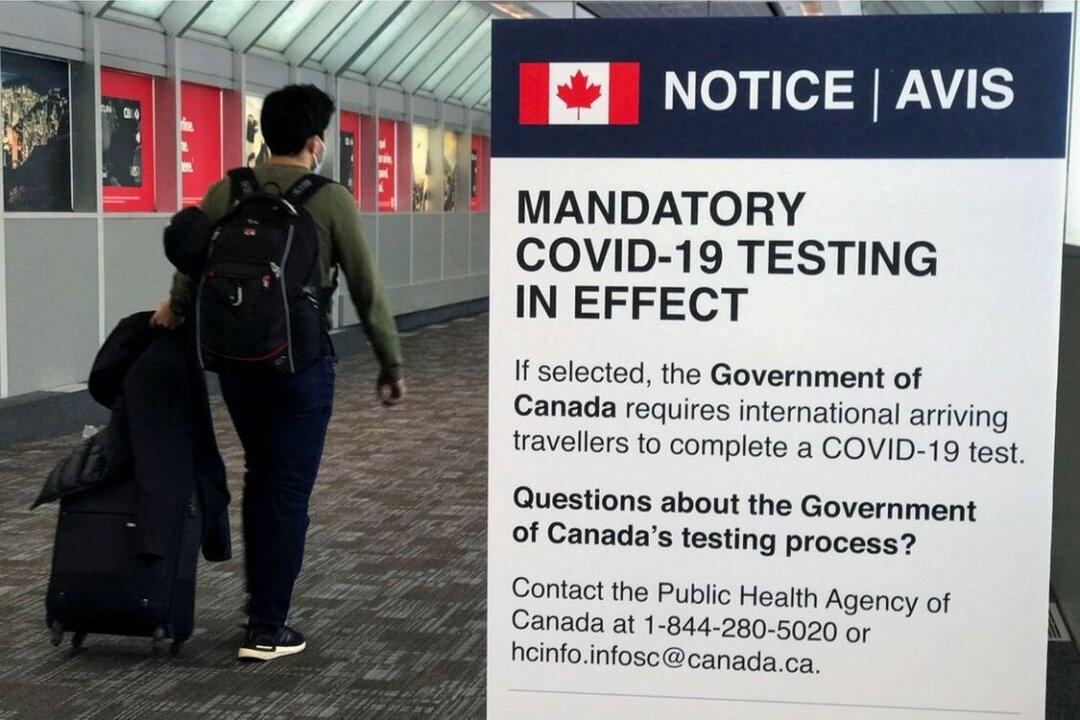The federal court judge who last week rejected four travel vaccine mandate lawsuits citing “mootness,” released her rationale for doing so on Oct. 27, saying there is “no important public interest” to justify hearing the cases.
“The Applicants have substantially received the remedies sought and as such, there is no live controversy to adjudicate,” Justice Jocelyne Gagné wrote in her decision, due to the mandates and other public health measures having been repealed.





